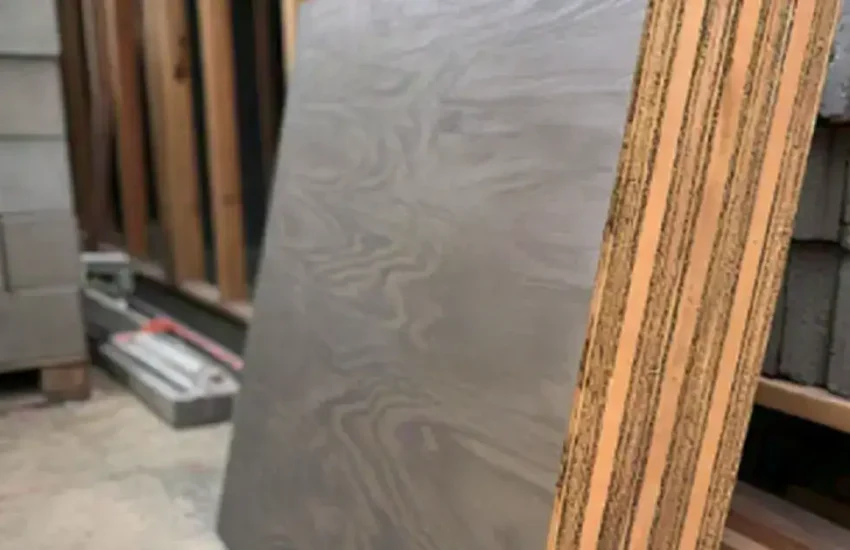Maximizing Home Comfort: The Role of HVAC Maintenance
Key Takeaways:
- Regular HVAC maintenance is crucial for enhancing home comfort and extending the lifespan of your system.
- Understanding common HVAC issues can help homeowners address them proactively.
- Professional HVAC services ensure optimal performance and energy efficiency.
Table of Contents:
- The Importance of HVAC Maintenance
- Common HVAC Issues and Solutions
- Benefits of Professional HVAC Services
- DIY Maintenance Tips for Homeowners
- Improving Energy Efficiency
- Choosing the Right HVAC Professional
- Seasonal HVAC Maintenance Checklist
- The Importance of Indoor Air Quality
The Importance of HVAC Maintenance
Regular HVAC maintenance ensures your heating and cooling systems operate efficiently. Your HVAC system requires routine check-ups and cleanings to function optimally like a car. During these check-ups, a technician can identify worn-out parts, lubricate components, and clean any buildup of dust and debris. Regular maintenance can prevent serious issues before they occur, leading to fewer breakdowns and expensive repairs over time. Furthermore, an efficiently running HVAC system can significantly reduce energy consumption, saving homeowners money on utility bills.
Whether you live in a bustling city or a quiet suburb, ensuring your home is comfortable all year round is essential. Many homeowners in towns like Chicago rely on professional Chicago heating and cooling services to keep their systems in shape. Regular maintenance ensures your HVAC system performs efficiently, providing consistent comfort and reducing energy bills. This is particularly crucial during extreme weather conditions when the demand for heating and cooling systems is at its peak.
Common HVAC Issues and Solutions
Homeowners frequently encounter issues such as inconsistent temperatures, strange noises, and poor airflow. These problems often stem from dirty filters, blocked vents, or malfunctioning thermostats. For example, a clogged air filter can restrict airflow, causing the system to work harder and less efficiently. Similarly, blocked vents can prevent hot or cold air from circulating correctly, leading to uneven temperatures throughout the home. Addressing these issues promptly can prevent further damage and improve your system’s performance. It’s essential to regularly check and replace filters, clear blocked vents, and ensure that thermostats are functioning correctly.
Benefits of Professional HVAC Services
Investing in professional HVAC services ensures that your system is maintained by experts who can detect and repair issues that may not be visible to the untrained eye. Professional servicing can also enhance the lifespan of your system, reduce energy costs, and maintain a comfortable indoor environment year-round. Technicians have the tools and knowledge to perform comprehensive inspections, clean critical components, and make necessary adjustments that keep the system running smoothly. Moreover, regular professional maintenance can extend the life of your HVAC system, ensuring that it provides reliable service for many years. Homeowners can often overlook subtle signs of wear and tear, but trained professionals can spot and address these issues before they turn into costly repairs.
DIY Maintenance Tips for Homeowners
While professional services are essential, homeowners can perform several DIY maintenance tasks to keep their HVAC systems in good shape. These include regularly replacing air filters, ensuring vents are free from obstructions, and cleaning outdoor units. Regular filter changes are crucial, as dirty filters can impede airflow and reduce the system’s efficiency. Keeping vents and registers free of obstructions ensures proper airflow throughout the home. Additionally, cleaning the outdoor unit by removing debris and trimming nearby vegetation can improve the system’s performance.
Improving Energy Efficiency
Enhancing your HVAC system’s energy efficiency can significantly reduce your utility bills. Simple adjustments like setting your thermostat to an optimal temperature, sealing leaks in ductwork, and upgrading to energy-efficient appliances can make a substantial difference. Programmable thermostats, for instance, allow you to set temperatures for different times of the day, ensuring your system runs only when needed. Sealing leaks in ductwork prevents loss of heated or cooled air, improving overall efficiency. Implementing these changes can create a more energy-efficient and environmentally friendly home.
Choosing the Right HVAC Professional
Selecting a qualified HVAC professional is crucial for maintaining your system’s performance. Look for technicians with proper certification, good reviews, and extensive experience. Adequate accreditation ensures the technician has undergone the necessary training and meets industry standards. Good reviews from previous clients can provide insight into the technician’s reliability and quality of work. Extensive experience indicates a deep understanding of various HVAC systems and potential issues. Don’t hesitate to ask for references or a detailed estimate before proceeding with any work. Doing thorough research and asking the right questions can help you find a trustworthy professional who will keep your system in top shape.
Seasonal HVAC Maintenance Checklist
Creating a seasonal maintenance checklist can help keep your HVAC system running smoothly all year round. Essential tasks include inspecting and cleaning components, checking leaks, and ensuring proper system calibration. For instance, you should inspect and clean the cooling elements in the spring to prepare for the hot summer months. In the fall, focus on preparing the heating components for winter. Regularly scheduling professional inspections can also catch potential issues early, ensuring your system operates efficiently regardless of the season. By adhering to a seasonal maintenance routine, homeowners can prevent unexpected breakdowns and extend the life of their HVAC systems.
The Importance of Indoor Air Quality
Maintaining good indoor air quality is essential for health and comfort. Poor air quality can lead to respiratory issues, allergies, and other health problems, particularly for individuals with pre-existing conditions such as asthma. Regularly replacing filters, using air purifiers, and ensuring proper ventilation can vastly improve the air quality inside your home. Clean filters trap dust, allergens, and other contaminants, preventing them from circulating in your home. Air purifiers can enhance air quality by removing pollutants and providing cleaner, fresher air. Ensuring proper ventilation helps to expel indoor pollutants and bring in fresh outdoor air, creating a healthier living environment. These steps can significantly contribute to a healthier and more comfortable home atmosphere.



